Rachel Mason Nunn
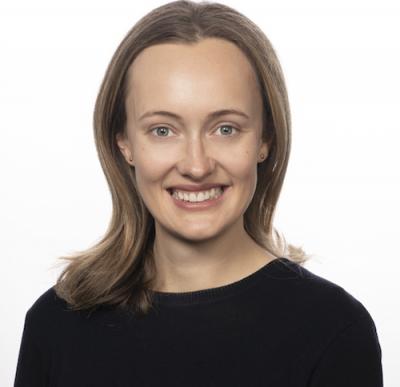
Biography
Publications
Rachel Nunn is a Social Development Specialist and the host of the Good Will Hunters podcast. She has worked in development in Papua New Guinea, Timor Leste, and throughout the Pacific islands, including as a consultant for the World Bank, as well as work in the not-for-profit sector. Rachel has a Masters in Applied Anthropology and Participatory Development from Australian National University, and holds an undergraduate degree in Political, Economic and Social Sciences from University of Sydney. She is passionate about reinventing the role of business and the private sector in international development, by reconceptualising notions of progress, profit, and purpose.
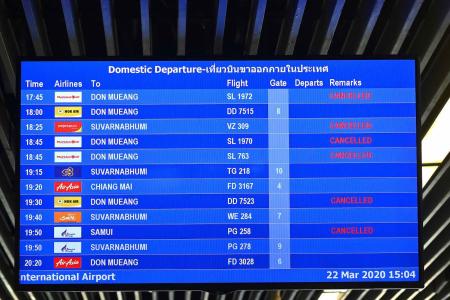
No planes or cruise ships – a crucial regional industry will need aid
Tourism is a massive employer in countries where Australia gives aid and will need a lot of extra help after the virus.
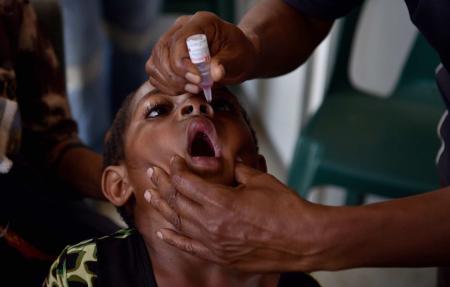
Playing to strengths: The best use of Australian aid in the Pacific
Big spending on infrastructure catches headlines but replicates the work of others and may not be what the region needs.
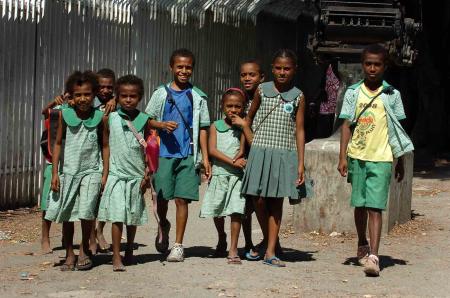
PNG: Has education policy reform worked?
The ambition to improve the quality of teaching and provide free education has not entirely matched reality.

The true cost of fast fashion
Moves by countries such as Australia to adopt modern slavery laws are a small start in tackling a big global problem.
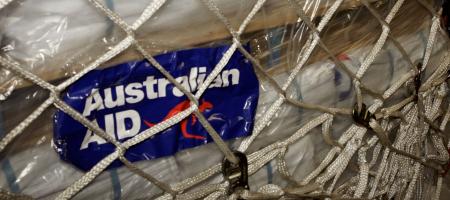
Aid: investing in impact
DFAT’s innovationXchange has created momentum in public–private aid partnerships, but cannot fund long-term innovation.

Business aid and aiding business
A growing recognition is that business value can be measured by being accountable to non-financial stakeholders.

Aid and the new face of entrepreneurship
Backing local entrepreneurs helps redefine the assumption that informal-sector employment is fundamentally precarious.
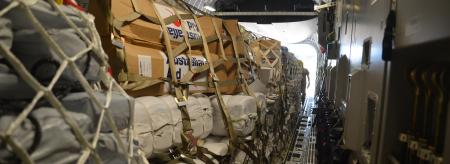
Asking the wrong questions in the aid debate
A qualitative, not quantitative, approach to evaluating foreign aid is needed more than ever.
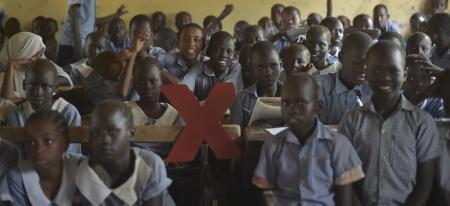
Resiliency no excuse in refugee crisis
A TEDx event in a refugee camp was an important platform but not as an excuse to erase international responsibility.
